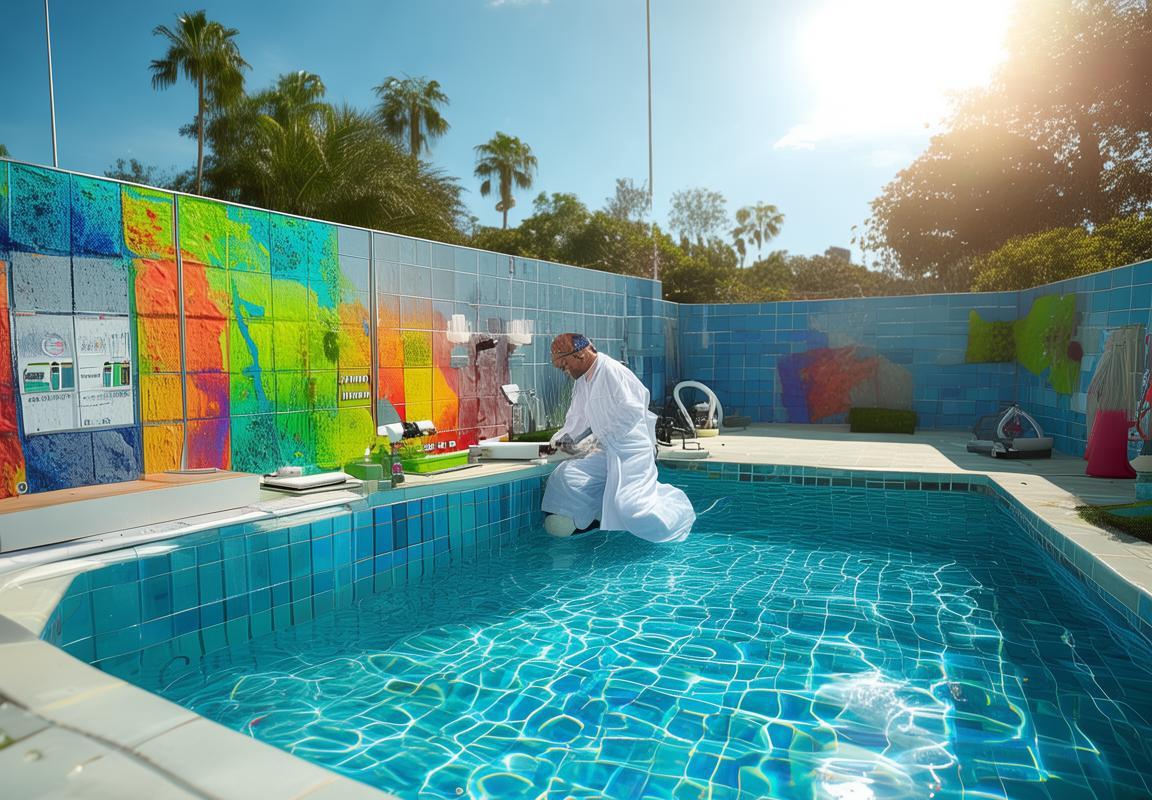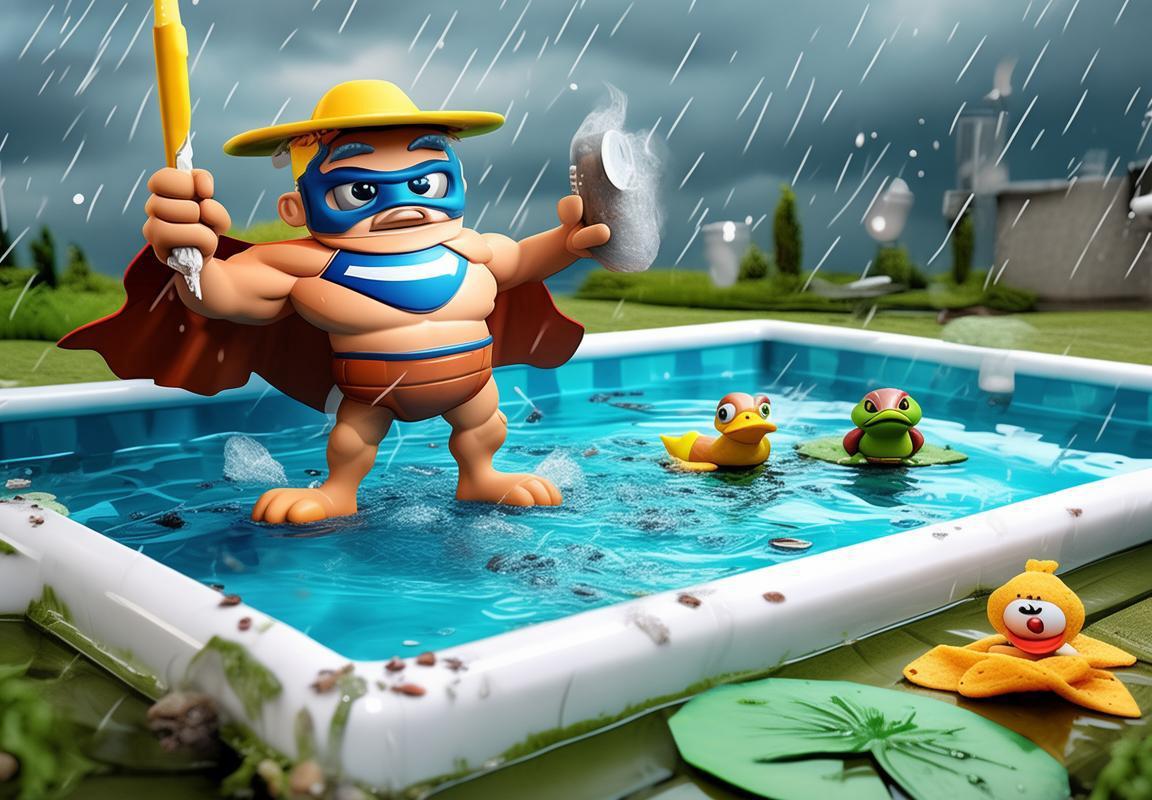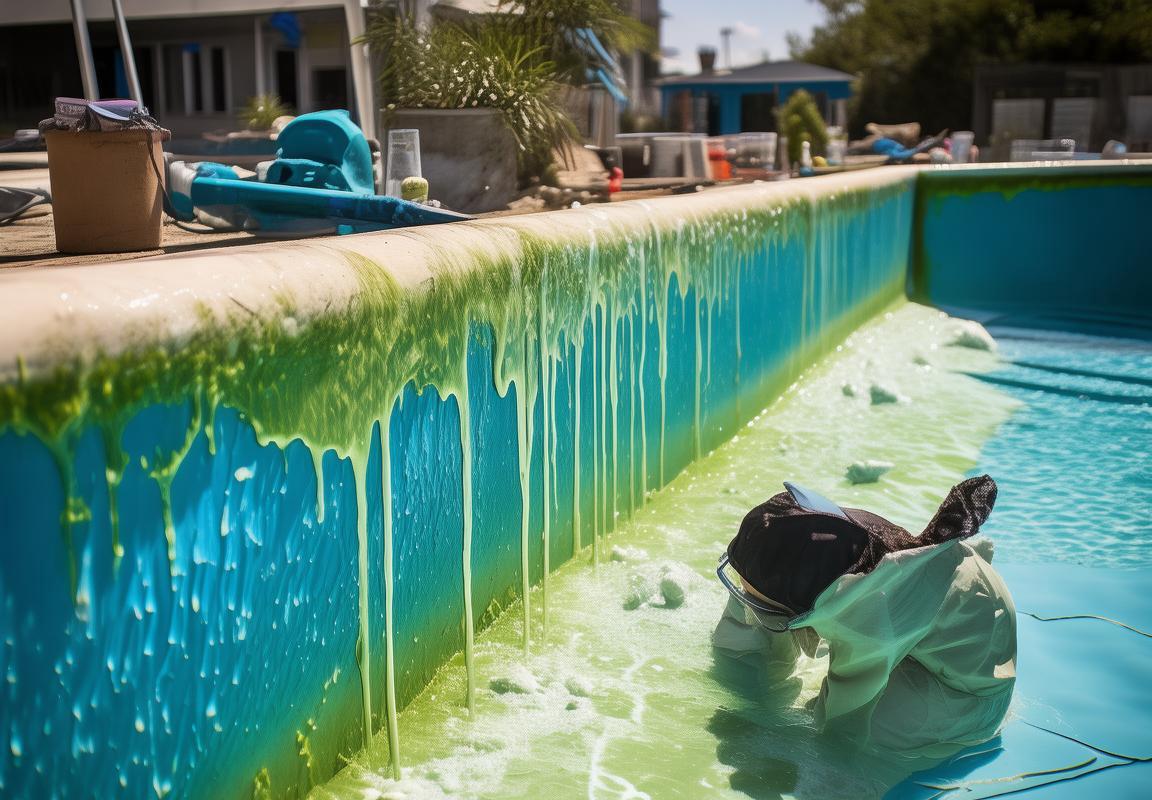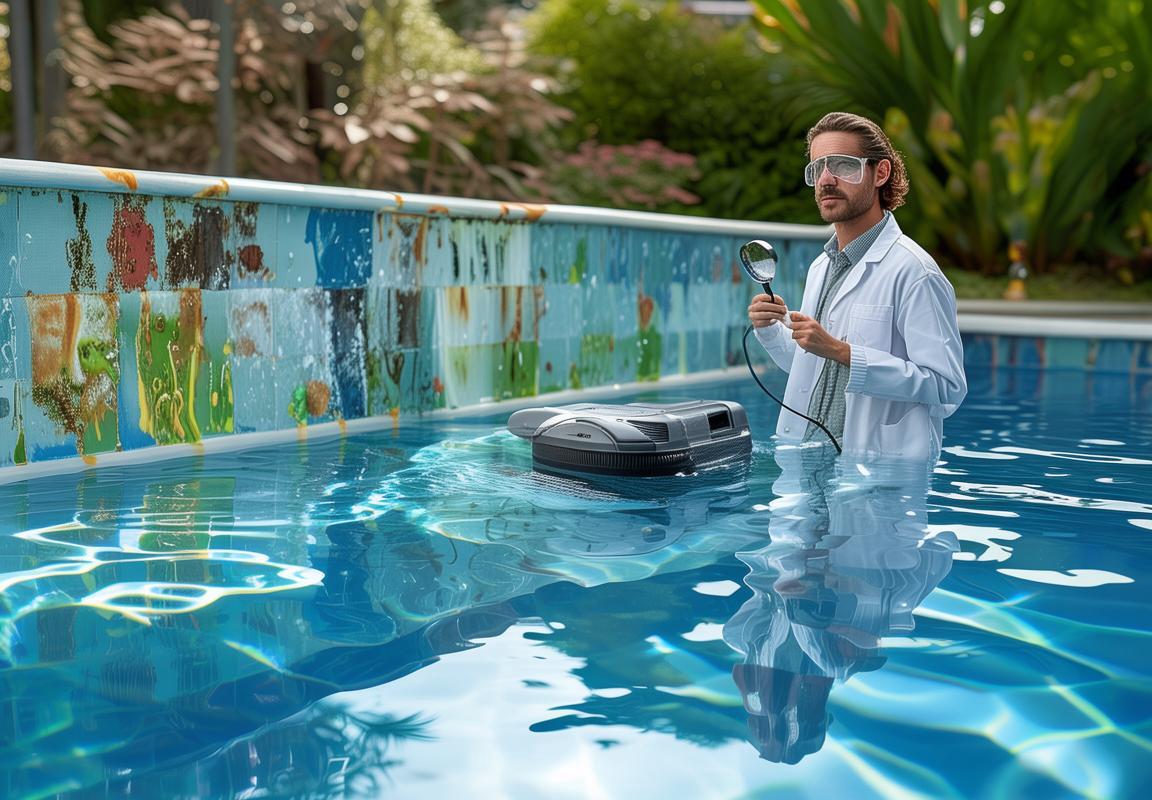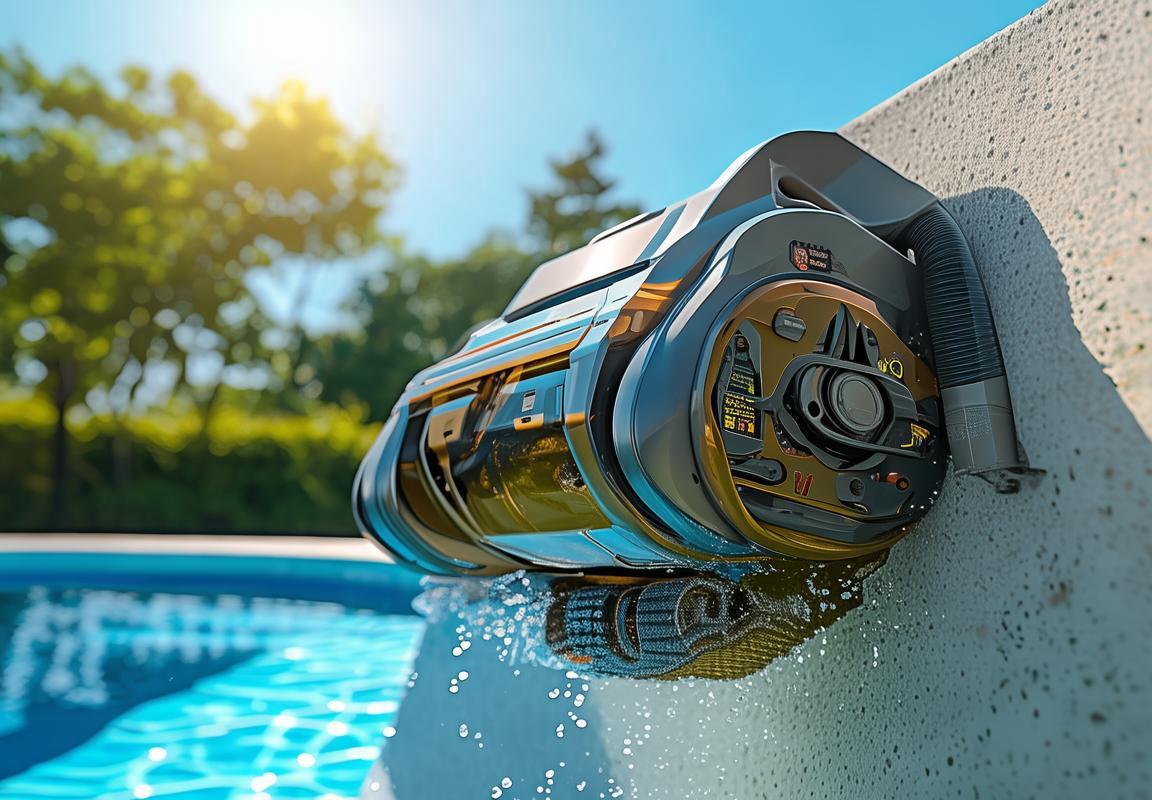Pool Wall Cleaner Showdown: Robotic vs. Manual Algae Removal & Essential Pool Maintenance Tips
Nobody buys a pool to scrub algae off the walls, yet here you are—staring at green slime, white scale, and mystery gunk. To win this battle, you need the right pool wall cleaner and strategy. For algae removal, brush walls weekly with a stiff-bristle brush (stainless for concrete, nylon for vinyl) and shock treat the water. A Robotic Pool Wall Cleaner is the lazy genius’s choice: it climbs walls, scrubs tiles, and lets you sip margaritas while it works. Manual brushing is cheap but labor-intensive, while chemicals alone are a myth—they prevent growth but won’t remove existing grime. Key pool maintenance tips: test water weekly (pH 7.2–7.8), skim debris post-party, and tackle stains early. Skip “miracle” hacks like bleach or pressure washers—they damage more than they fix. Consistency beats heroics: a 10-minute weekly scrub with a pool wall cleaner keeps science experiments at bay. When all else fails, call a pro for a “wall blitz.” Bottom line? Arm yourself with the right tools, ditch the neglect, and enjoy a pool that’s clean—not a petri dish.
